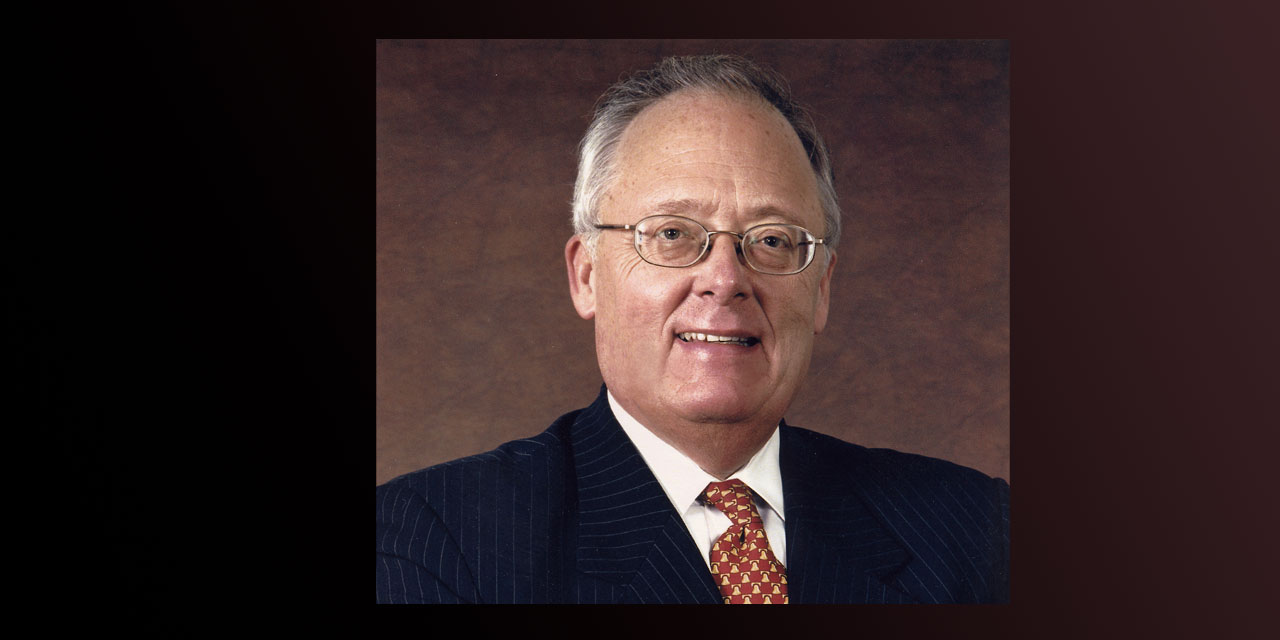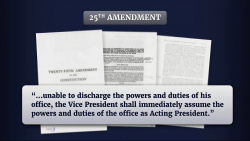
With the passing of Edwin J. Feulner at 83, the American conservative movement—and the nation more broadly—has lost a giant. The founder and longtime president of the Heritage Foundation had a defining impact on the development, dissemination, and application of conservative ideas across more than half a century, spanning the Nixon to Trump eras.
Feulner’s aim in founding Heritage in 1973, alongside fellow builders Paul Weyrich and Joseph Coors, was to create a Brookings Institution of the Right—an organization capable of advancing bold policies across all three legs of the Cold War–era conservative stool: free-market economics, cultural traditionalism, and anti-Communist foreign policy. He became president of the fledgling think tank in 1977, literally crossing the street after leaving his post as a congressional aide. With innovative operations and fundraising strategies, he transformed what was still a tiny organization with uneven leadership into a powerhouse that the New York Times called “the Parthenon of the conservative metropolis.”
Finally, a reason to check your email.
Sign up for our free newsletter today.
Feulner pioneered what became known as the “briefcase test,” insisting that Heritage produce digestible briefing papers rather than dense academic articles—something policymakers could easily carry and use. He also had the revolutionary idea of publishing policy papers before legislative or executive action, rather than afterward, as most think tanks did at the time to avoid being mistaken for lobbyists or political operatives. “It doesn’t do us any good to have great ideas if we are not out there peddling our products,” he explained. Imagine that!
Perhaps most importantly, the policy ideas that Feulner pushed in those early Heritage years helped drive the Reagan Revolution. He launched the (mostly) quadrennial Mandate for Leadership to coincide with the 40th president’s inauguration.
Feulner served as Heritage’s president until 2013, and then again briefly in 2017 during a transition period that proved highly consequential for the foundation as it staffed and animated the first Trump administration. Heritage published the latest in the Mandate series in April 2023 as the operations manual for what became Project 2025. Love it or hate it, you can’t ignore the institution that Feulner birthed and built.
In the introduction to one of his books, The March of Freedom, Feulner laid out the Heritage Foundation’s vision: “to be a permanent Washington presence.” “We have set out to make conservative ideas not just respectable but mainstream,” he wrote. “To set the terms of national policy debate. To offer not a lament for a lost America, but positive, practical, free market alternatives to the failed liberal policies of the old order.” In that mission, he succeeded—and the American conservative movement continues to benefit from his triumph.
My aim here isn’t to laud another think tank—though Heritage’s staff have always treated me with the utmost professional courtesy—but to pay tribute to a man whose pioneering work those of us in public policy now take for granted. When I was in college, learning about the constellation of D.C. institutions, I kept coming across Ed Feulner’s name, occasionally confusing him with Ed Crane, the founder of the Cato Institute, where I didn’t yet know I’d spend nearly 15 years. (Add in Ed Meese, who joined Heritage after serving as Ronald Reagan’s attorney general, and it seemed like being named Ed gave you a leg up in conservative politics.)
It is one of my career privileges to have interacted with Feulner about a half-dozen times, most recently at Heritage’s 50th anniversary celebration. I didn’t know him well—and he didn’t have many connections with the Manhattan Institute—but I appreciate what he’s done to advance core American values, and the good nature with which he approached that task.
“Although his ways are entirely unassuming, one pauses . . . to wonder how Ed Feulner manages as he does,” William F. Buckley Jr. wrote in an introduction to The Power of Ideas, a book on Heritage’s history. Fittingly, Feulner won the National Review Institute’s Buckley Prize in 2018, adding it to a number of other accolades, including the Intercollegiate Studies Institute’s lifetime achievement award and, in 2012, the Bradley Prize.
“By building an organization dedicated to ideas and their consequences, he has helped to shape the policy of our Government. His has been a voice of reason and values in service to his country and the cause of freedom around the world.” Those words, from the citation on the Presidential Citizens Medal that President Reagan awarded Feulner, capture the man’s towering impact on conservative politics.
May we be worthy of carrying on that legacy. Rest in peace.
Photo: Rob Bluey, CC BY-SA 2.0, via Wikimedia Commons
City Journal is a publication of the Manhattan Institute for Policy Research (MI), a leading free-market think tank. Are you interested in supporting the magazine? As a 501(c)(3) nonprofit, donations in support of MI and City Journal are fully tax-deductible as provided by law (EIN #13-2912529).
Source link


















